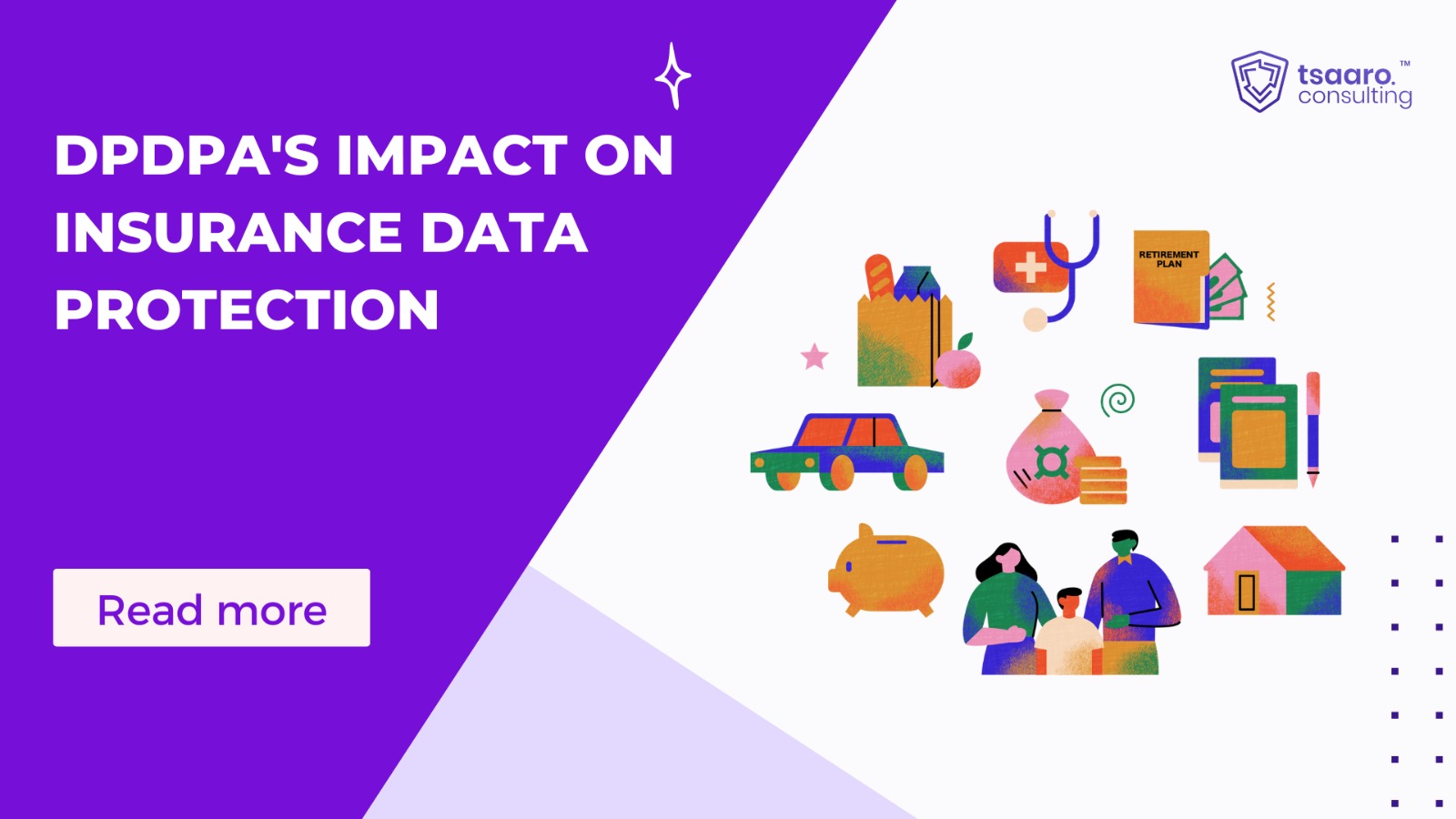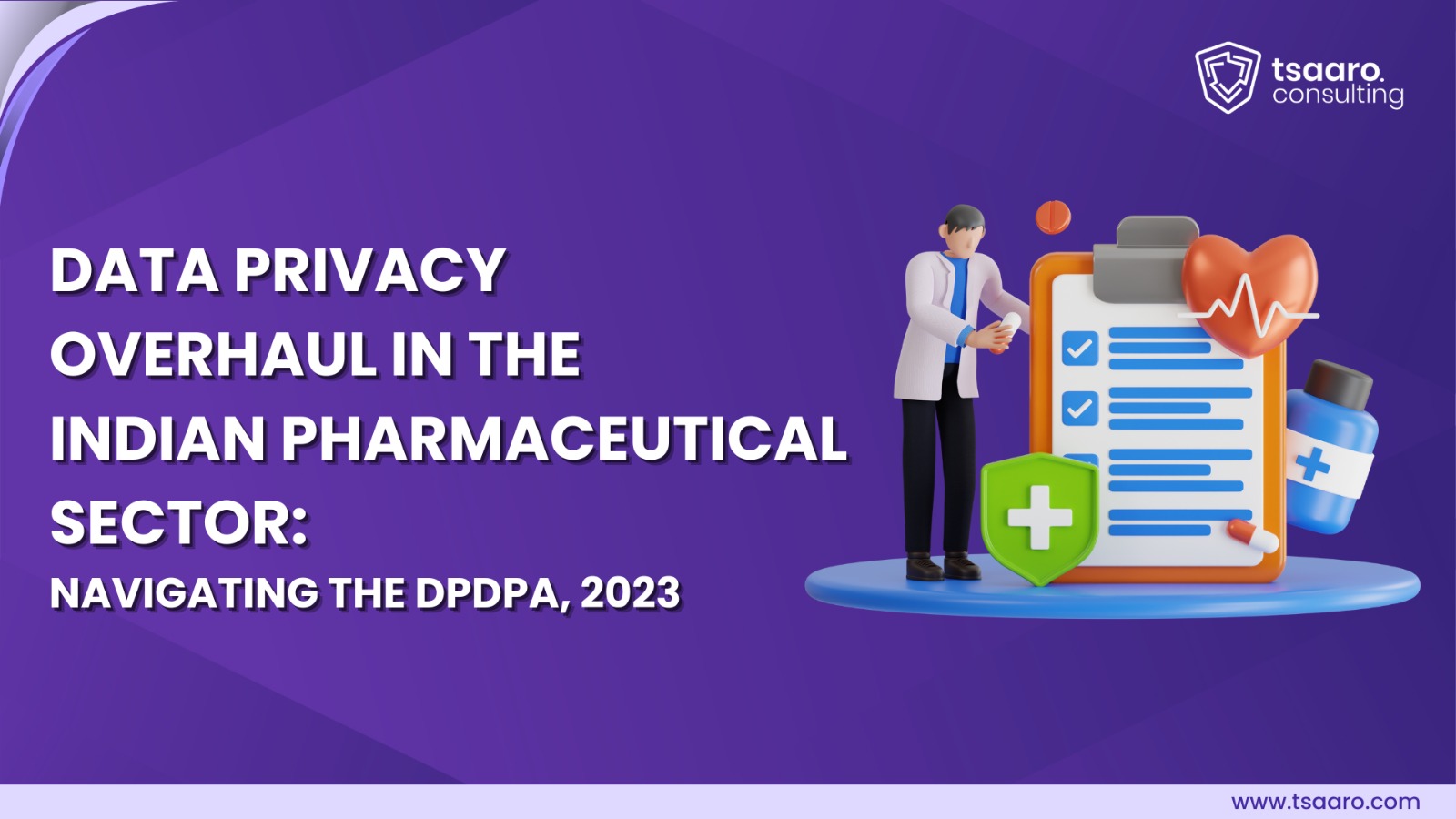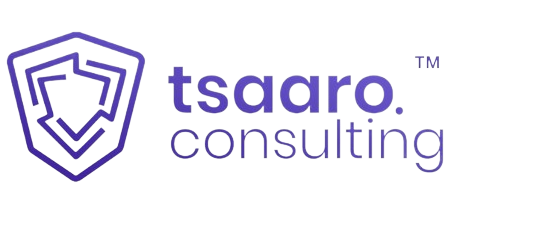Introduction
In today’s technology gripped economy, data has become its fuel. Most organizations implement and base their functioning on large models comprising huge volumes of Data. Therefore, Data Handling has become crucial for the smooth functioning of the world. Handling large volumes of data and ensuring its appropriate and authorized management and security have emerged as major issues for organizations.
The rapid pace of emerging threats and manners in which data can be compromised has meant that organizations need to be one step ahead and future-proof their systems in order to ensure data security management. In this blog, we will explore a few potential emerging threats to an organization’s data security & management and strategies for future-proofing the organization and protecting its data.
Data Security
Data Security is the approach aimed at protecting the information and data in the digital sphere throughout its life cycle from breaches, theft, or unauthorized access. It’s an all-encompassing approach and consists of utilizing all components in a synergized manner, such as software, hardware, and devices- both user’s and storage; the respective access mechanism and master administration controls; and the overall organization’s Standard procedure and policy.
The robustness of an organization’s data security system and checks in place reflects its commitment to protecting its data and its users. A strong system reduces breach vulnerability of an organization’s data and streamlines the legal compliance in place depending upon their jurisdiction. Other reasons for the importance of data security include but are not limited to the company’s reputation and trust with its users, as well as the monetary harm a breach may cost to a company. Reports have shown a significant downfall in the company’s relationship with its users after data leaks or breaches.
Data Management
The volume set of data that companies are handling is increasing day by day; therefore, data management has emerged as a vital process for the appropriate handling, receiving, transferring, processing, and storage of data.In the early 2000s, data was referred to as the “new oil” of the new age economy, and this has evolved into the principles of data practice, which encompasses preparation, privacy, provenance & protection. All four of the aforementioned principles are connected to efficient handling or management of data.
Data management is key for the efficient functioning of an organization in today’s data-driven economy, as merely having silos of data at a company’s disposal is no longer a unique proposition. Due to the Vast collection of data by all companies, companies need to devise plans curated to their needs and also in compliance with the different legal jurisdictions they work in for creating a profitable model that is also sustainable legally.
Future Risks
The Rapid digitalization of the economy and, therefore, the data associated with companies have meant an unprecedented upsurge in Data breaches and vulnerabilities of systems. Organizations face threats of cyber-attacks and data breaches now more than ever. Apart from facing an upsurge in traditional cyber-attacks, the quality and sophistication of these attacks are also increasing, with digital threat actors resolving to multiple exposed surfaces outside the controllable digital assets. Other emerging risks include but are not limited to attacks on the digital supply chain of organizations, which is a low-risk high-profit activity; Attacks on credentials of the users or larger infrastructure related to access and identity management in an organization, i.e., also referred to as “identity threat detection and response”; and Lastly is capitalizing on human errors in the Data security management, this primarily happens due to company’s approach to Data security management as compliance centric rather than coming from a place where privacy is inculcated and appreciated as an ethic and value.
Future Proof Strategies
The Privacy Compliance landscape is going nowhere, and it also keeps evolving with rapid changes in technology, demands of industry, and recognition of rights and duties by authorities.
Thus, for companies to navigate today’s digital world and ensure robust data governance, here are some strategies they can adopt to future-proof their organization:
- Reliance on Cloud Computing: Adopting a cloud-first strategy in the designs of the organization’s functioning will help ensure a balance between efficiency, innovation, and data security. The Cloud computing governance policies also follow the robust principles of confidentiality, integrity, and accessibility. Several Cloud services are also built with AI-based technologies to supervise and analyze potential breach points to improve system security over time.
- Data Separation: Organisations today are scaling rapidly and dealing with large silos of data. Therefore, it is important for them to provide access to data to users limited to their authorization levels. This prevents data theft from one user of another and mitigates potential damage in case of credential theft by third-party or large-scale attack-based identity theft.
- Formulating a data governance program: This program will be flexible enough to cater to the needs and requirements of ever-changing laws and technology as well as the widening demands of the industry. This program can shape the governance policy of your organization per the need of the hour by building consensus on a mandate and deciding goals that will help achieve the same.
- Data Backup and Recovery Plans: Investing in data backups and disaster recovery plans is necessary in today’s breach-prone digital world. Organizations should adopt a multi-layered approach to data backup by backing up data on cloud storage and multiple digital locations and backing up on physical hard drives.
- Identifying potential threats & mitigating risk: This can be achieved with the help of AI and the latest technology. Impact Assessments can be conducted to identify potential weak points in a system and various data security tools and approaches, such as multi-factor authentication; encryption can be adopted to mitigate the risk.
Also, read Biometric Authentications and Its Risks.
Conclusion
Data Governance is becoming a crucial aspect of a data-driven economy. Companies and organizations must formulate a data governance policy that not only ensures robust mechanisms for data security and data management in place but also meets the demands of the market. By relying upon the aforementioned techniques, the companies can ensure that they are not only compliant with the law of the land but are also foolproof with respect to emerging and upcoming threats of digital space. Securing the data of people is not only for the user’s benefit but also establishes a relationship of trust and respect between the client and the company.
Stay updated with all the emerging threats to your organization’s data and learn about all the strategies that need to be implemented to tackle them by connecting with Tsaaro. Gain insights from our industry experts to future-proof your organization’s data. Visit us at www.tsaaro.com or get in touch with us at info@tsaaro.com to know more.













Zaproxy dolore alias impedit expedita quisquam.
This article had me laughing and learning! For those interested, check out: DISCOVER HERE. What’s your take?
I feel that is one of the most important information for me.
And i am satisfied reading your article. However want to commentary on few normal things, The website style is ideal, the articles is in point of fact excellent :
D. Just right process, cheers
Hi, I do believe this is an excellent web site. I stumbledupon it 😉 I am going to revisit once again since I saved as a favorite it. Money and freedom is the greatest way to change, may you be rich and continue to help others.
You’ve made some good points there. I looked on the web to learn more about the issue and found most individuals will go along with your views on this website.
Everyone loves it when folks come together and share thoughts. Great website, keep it up!
Aw, this was an incredibly nice post. Finding the time and actual effort to make a really good article… but what can I say… I procrastinate a whole lot and never manage to get nearly anything done.
An outstanding share! I’ve just forwarded this onto a friend who has been conducting a little homework on this. And he actually ordered me breakfast simply because I found it for him… lol. So allow me to reword this…. Thanks for the meal!! But yeah, thanx for spending some time to discuss this subject here on your web page.
bookmarked!!, I love your web site!
Hi, I do think this is an excellent web site. I stumbledupon it 😉 I’m going to return once again since i have book marked it. Money and freedom is the best way to change, may you be rich and continue to help others.
After I initially left a comment I seem to have clicked the -Notify me when new comments are added- checkbox and from now on every time a comment is added I recieve 4 emails with the exact same comment. There has to be an easy method you are able to remove me from that service? Appreciate it.
Good day! I could have sworn I’ve visited this site before but after looking at many of the articles I realized it’s new to me. Anyways, I’m certainly happy I stumbled upon it and I’ll be bookmarking it and checking back regularly!
This web site definitely has all of the information I wanted concerning this subject and didn’t know who to ask.
This is a great tip particularly to those fresh to the blogosphere. Short but very precise info… Thank you for sharing this one. A must read post.